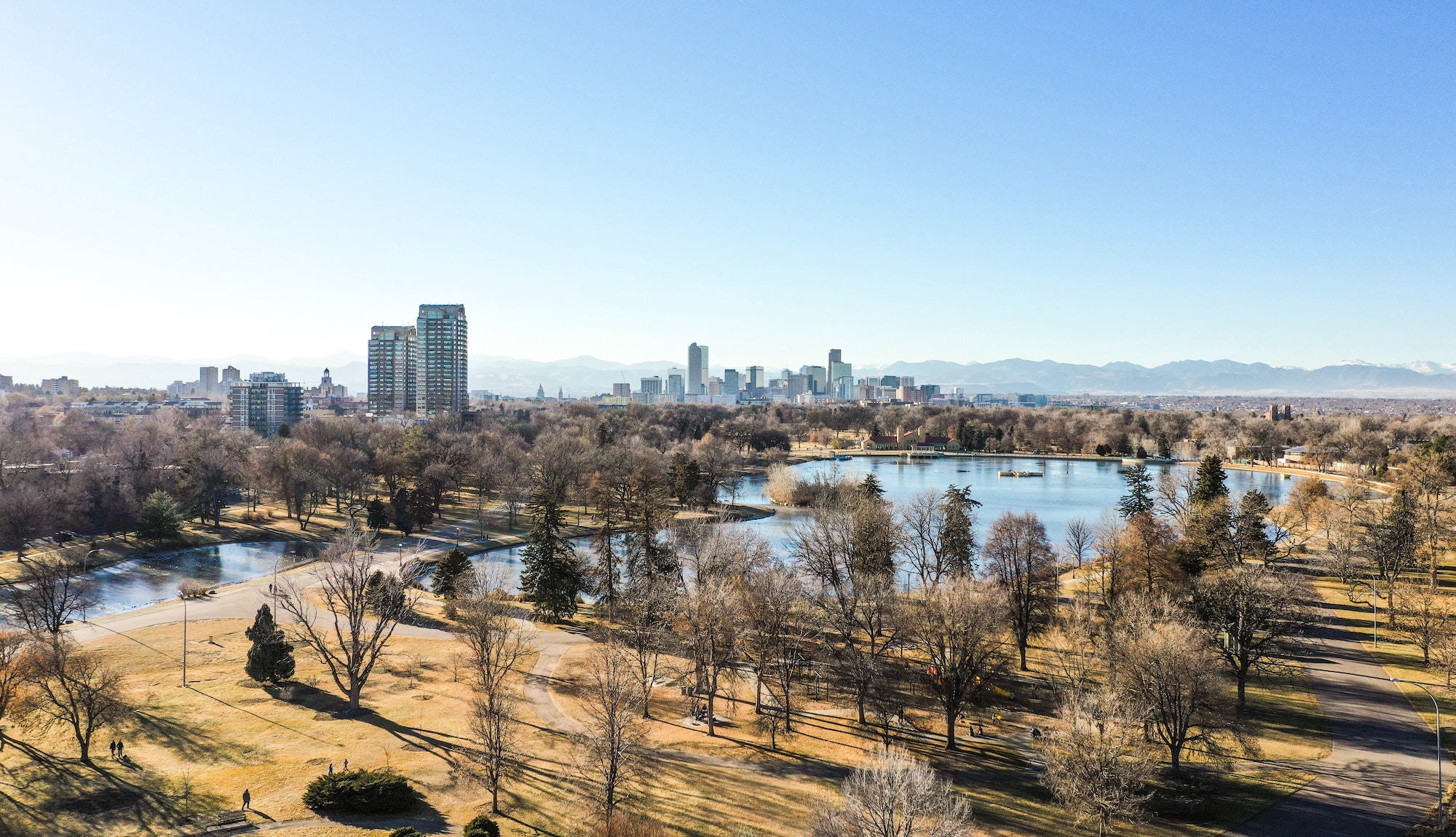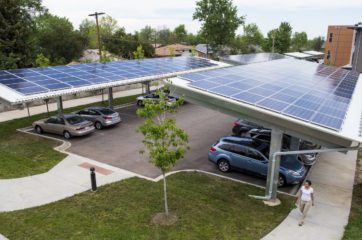A group of Denver environmentalists introduced a ballot initiative that will impose a fee on all electricity and heat generated by coal and natural gas in the city. It’s not exactly a carbon price because the fee will not apply to all fuels across all industries based on their carbon content; however, the initiative does hope to achieve similar objectives of incentivizing renewable energy and raising revenue for climate programs. Consequently, it’s been regarded as a carbon tax by most media outlets. If passed, it would make Denver the first major US city to levy a climate-focused fee on electricity and natural gas.
The Policy
According to current draft language, individuals will initially have to pay a half-cent per kilowatt fee on their electric bill, and natural gas consumers an additional 4 cents per thermal unit. Those whose energy comes entirely from renewable sources, like wind and solar, will be fully exempt from taxation. The average household would pay an additional $46 per year.
While carbon pricing in other jurisdictions has been imposed on producers and utilities, Denver’s initiative will target consumers, since a ballot initiative doesn’t have the authority to tax an entire industry.
The fee is expected to generate about $40 million in the first year, which would fund a Denver Office of Climate Action and Resiliency and invest in programs and policies that combat climate change. This office would have an equity focus, helping workers smoothly transition to a clean energy economy, particularly people of color, women, people with different abilities, and other vulnerable groups. Furthermore, the initiative requires programs to prioritize investment in low-income communities.
Next Steps
Denver Mayor Michael Hancock stated he is committed to powering the entire city with renewables by 2030, but activists believe more investment is necessary for that to be feasible. As it currently stands, Denver’s Office of Sustainability, for example, consists of only three employees and has less than a $370,000 operating budget.
Ean Tafoya, a civic activist, Thomas Riggle of the Colorado Sierra Club, and Brandon Rietheimer, a green roof proponent, are three of the advocates spearheading Denver’s efforts. They have submitted the initiative’s language to the City Attorney’s Office. If and when the initiative is approved, the group will begin gathering signatures.
The trio of advocates are not the first to look toward the ballot in order to put a price on carbon. Boulder became America’s first city with a sort of carbon fee in 2007 after voters approved the Climate Action Plan tax at the ballot. Boulder’s initiative, however, is more limited in scope, taxing electricity but not natural gas. Washington State tried carbon pricing at the ballot twice in the last three years, but failed both times. And in Utah, advocates are in the process of launching a ballot initiative that would price carbon and invest some revenue in clean air efforts.
While most US carbon pricing efforts have taken place at the state level, municipal-level efforts are worthwhile for a number of reasons:
- Cities tend to be more progressive than states — the political opportunity for ambitious climate programs is typically higher in cities than in states due to the fact they are more liberal.
- Cities are laboratories of innovation — new policies can be experimented with at the local level, and if successful, establish a precedent for states to follow.
- Municipalities have priced pollution before — Boulder, Colorado, Bay Area, California, and Pike and Aspen, Colorado are just some of the localities where varying degrees of pollution pricing have been implemented.
The City of Denver has stated time and again that it is committed to the fight against climate change. This ballot initiative could be a key component in this battle.
Interested in learning more about municipal carbon pricing? Read our handout here.









